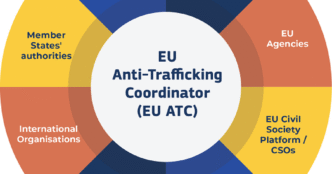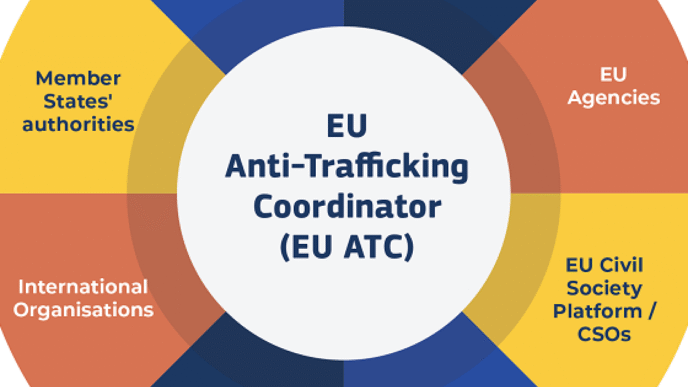The European Commission has unveiled an ambitious Strategic Research and Innovation Agenda (SRIA) on Health and Climate Change. With a foreword from Commissioner for Startups, Research and Innovation Ekaterina Zaharieva, the Strategic Agenda is a roadmap for organisations that fund research and innovation in this critical field, providing clarity for planning future priorities.
This SRIA on Health and Climate Change aims to support a fair, inclusive and sustainable response to the impacts of climate change on health and healthcare systems.
It does this by mapping the key areas that are in need of further research and innovation funding, pointing to urgently needed changes to enable the better generation of evidence, as well as identifying the need for increased efficiency across disciplines and countries. It also calls for more effective measures to implement scientific evidence into policy. This will respond to the policy needs for the successful adaptation and resilience of individuals, communities and societal sectors.
The agenda covers research priorities in the areas of: the impacts of climate change on health, the adaptation of people and healthcare systems to climate change, climate mitigation by the health sector, implementing science into policymaking, as well as several other horizontal themes. The priorities are applicable to different stages of research and innovation; from the early, fundamental stages to the uptake phase. Moreover, the SRIA points out also the potential societal benefits that each of the research priorities can deliver and ensures that an equity lens remains central to research and innovation efforts.
The SRIA’s implementation will take place through Horizon Europe, the EU’s funding programme for research and innovation. It aspires to support the work of different regional, national and global partners, as well as other funding organisations which share the EU’s sense of urgency in addressing health and climate issues.
Background
Climate change is not only an environmental concern, but also a growing public health emergency. As global temperatures rise, we are witnessing an increase in the frequency, intensity, and unpredictability of extreme weather events.
Research has shown how this impacts physical health: prolonged exposure to extreme heat can exacerbate existing health conditions and can directly lead to heat-related illnesses and fatalities. Floods not only cause immediate injuries and loss of life but may also damage infrastructures vital to the functioning and health of our society. In addition, changing climate patterns are disrupting food production and water availability. Healthcare systems, especially those in resource-limited settings, are often ill-equipped to respond to these compounded challenges.
The mental health consequences of climate change are increasingly recognised through research. The trauma of living through climate-related disasters, the stress of displacement, or the anxiety associated with environmental uncertainty can lead to conditions such as depression, post-traumatic stress disorder and other mental health challenges.
Ultimately, climate change magnifies existing health inequalities and deepens vulnerabilities, making it imperative to treat it not just as an ecological crisis, but as a central threat to global public health, requiring urgent, coordinated and equity-focused action. The SRIA on Health and Climate Change comes at a time when the world sits at a crossroads. It is both a symbolic and tangible commitment that demonstrates the EU’s renewed support to ensure we can all benefit from health and climate action.
More information
Strategic research and innovation agenda on health and climate change
Factsheet: Health and Climate Change: A Strategic Agenda to Drive Action through Research and Innovation













